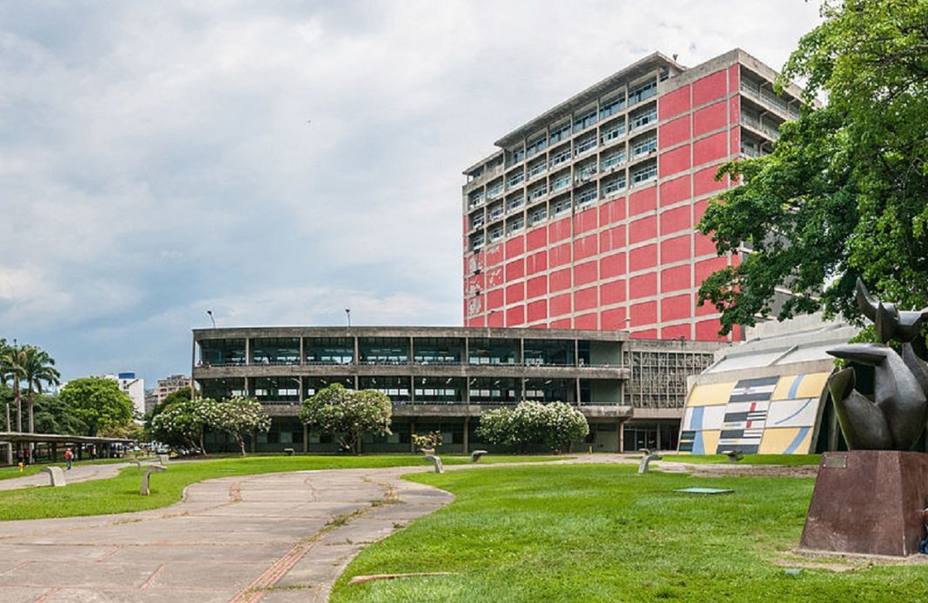Universities paralyzed by crisis in Venezuela
The lack of funds, transportation and the diaspora of students and teachers has brought the country's universities to a critical point.

The social, economic and political crisis in Venezuela has affected all sectors of the country and university education does not escape this reality.
The constant difficulties that students, professors and employees have to attend their conferences are one of the main causes of this problem. Teachers who do not get cash to pay for a bus to take them to class, students who are missing because they are trapped in rows to buy food: the economic crisis is paralyzing Venezuelan public universities.
The University of Zulia (LUZ) in Maracaibo, from March reduced the working day to three days a week because students, teachers and employees have difficulties to attend. "We work every day, but we organize ourselves so that each teacher, student or employee comes about three times a week," said Judith Aular, rector in charge of LUZ.
The student and professor desertion of the universities is a latent reality, professors and students decide to leave their academic activity, either to leave the country and look for a better quality of life, or to work and try to maintain their socioeconomic conditions as well as possible.
Since 2016, at the Universidad de Oriente in Cumaná, 25% of teachers and 40% of students have withdrawn, assured the rector Milena Bravo.
The UCV, the country's principal with almost three centuries and 43,000 students, also evaluates reducing the working day to three days, Amalio Belmonte, general secretary of the Central University of Venezuela (UCV), told AFP. His biggest problem is the budget, since he only received 33% of what was requested this year.
"The greater part is for salaries (...). The money for research only reaches to buy five tires (tires), "said the manager. Account that has signed weekly up to 3,000 certificates of notes for "graduates who leave" the country, compared to 100 of recent years.
Insecurity also haunts the UCV: by mid-afternoon there are no workers left for fear of being assaulted. "The boys run away before nightfall: there are no lights and they can steal," Professor Gabriela Rojas told AFP.
In states such as Táchira, the shortage of gasoline adds to the rosary of problems, says Renny Cárdenas, coordinator of the School of Medicine at the University of Los Andes. In that and five other states, the government has also rationed energy since March due to a decrease in reservoirs. Without light, there is no class.